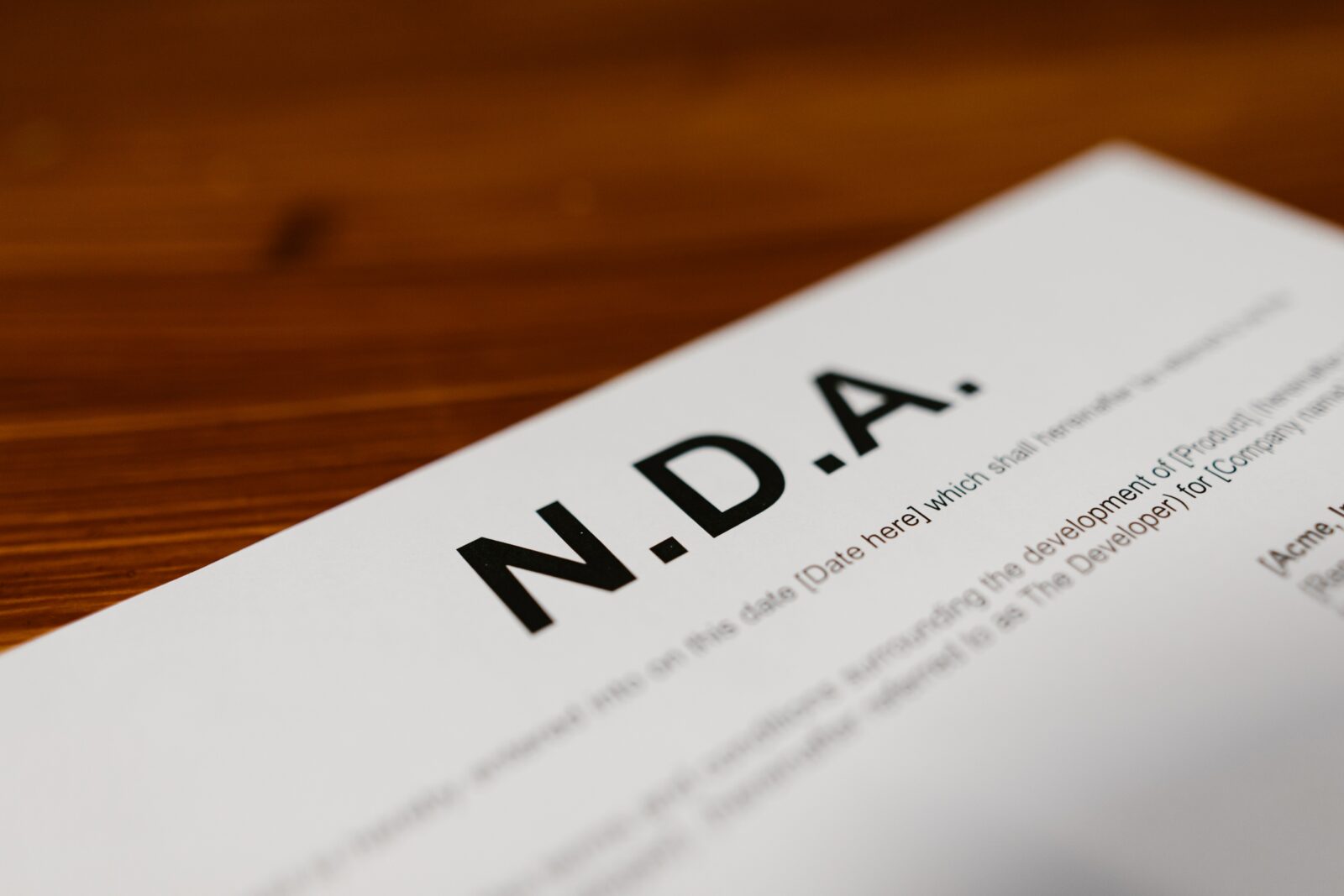What is confidential information?
Confidential information is arguably the most valuable type of information a business has. Generally speaking, it is information that:
- is not common knowledge or in the public domain;
- you consider to be confidential e.g. trade secrets, financial records, client databases, business and marketing plans and strategies or any other information that helps differentiate you from your competitors; or
- if disclosed to the wrong people, could be detrimental to you and your business.
Why and how should I protect my confidential information?
For a business to function and grow you will need to disclose your confidential information to other people (“Receiving Party“). The Receiving Party might be a contractor you have engaged to provide your business with marketing services or an employee you’ve hired to stay on top of your books. In any event, as soon as you give another party access to this confidential information, you run the risk of having it exposed or otherwise misused.
Unauthorised disclosure of confidential information can be significantly damaging to your business, particularly in circumstances where the information includes material such as:
- your customer database, which can result in your clients being poached;
- particulars relating to an invention such as the innovative step, which might mean that you are unable to patent that invention;
- a recipe for a unique product your business manufactures, this might lead to an excess production of imitations which diminishes the value of your product and overall sales; or
- employee information such as personal information or performance reviews which may not only harm your employee but result in breaches of other laws such as privacy laws.
It is therefore crucial to protect your confidential information from unauthorised disclosure and misuse. You need to confirm that this information is stored securely, that it is inaccessible by unauthorised parties and used only for the purpose for which it has been disclosed. The best “legal” way to do this is to request that the Receiving Party sign a written Non-Disclosure Agreement (“NDA“) (also known as a Confidentiality Agreement)
Benefits of NDAs
In circumstances where the Receiving Party has not signed an NDA, it may be hard to prove that the Receiving Party broke any obligations to confidentiality or that the Receiving Party was or should have been aware that the particular information was in fact confidential information. In turn, it will become extremely difficult to pursue the Receiving Party for loss suffered as a result of its unauthorised conduct.
Although an NDA can’t guarantee that unauthorised disclosure or misuse will not occur, they can effectively deter Receiving Parties from engaging in such conduct. By setting out the terms of disclosure of the confidential information to the Receiving Party in writing, there is no confusion as to the permitted use of the confidential information as well as the obligations of the Receiving Party in relation to its handling and storage. Having an NDA properly executed will assist you in circumstances where the Receiving Party has not complied with their obligations under the NDA and you seek to file a claim against the Receiving Party to recover any losses or alternatively, request that the court provide some interlocutory relief such as an injunction to prohibit the Receiving Party disclosing the confidential information.
What does an NDA include?
NDA’s govern the terms of the disclosure of the confidential information. As the discloser of the confidential information, you have the ability to dictate how the Receiving Party can use, access, store or otherwise disclose such information to third parties and this will be documented in writing. Generally, these agreements specify:
- the type of information that is confidential information;
- the purpose of disclosure of the confidential information;
- the obligations of the Receiving Party with respect to the:
- use, storage, disclosure of confidential information during the permitted term; and
- return and disposal of confidential information after the permitted term; and
- any repercussions the Receiving Party may face if they do not comply with their obligations.
What to do next
To prevent the misuse and unauthorised disclosure of confidential information, it is crucial to consider the mechanisms you have in place to protect such information. This may include a review of all your current and future business arrangements to identify who has access to this confidential information and any consequences associated with unauthorised disclosure of such information.
Please contact us if you would like assistance in reviewing current arrangements, preparing an NDA or would like some general advice in relation to the same.
Authors: Sarah Cappello and Georgette Georges










